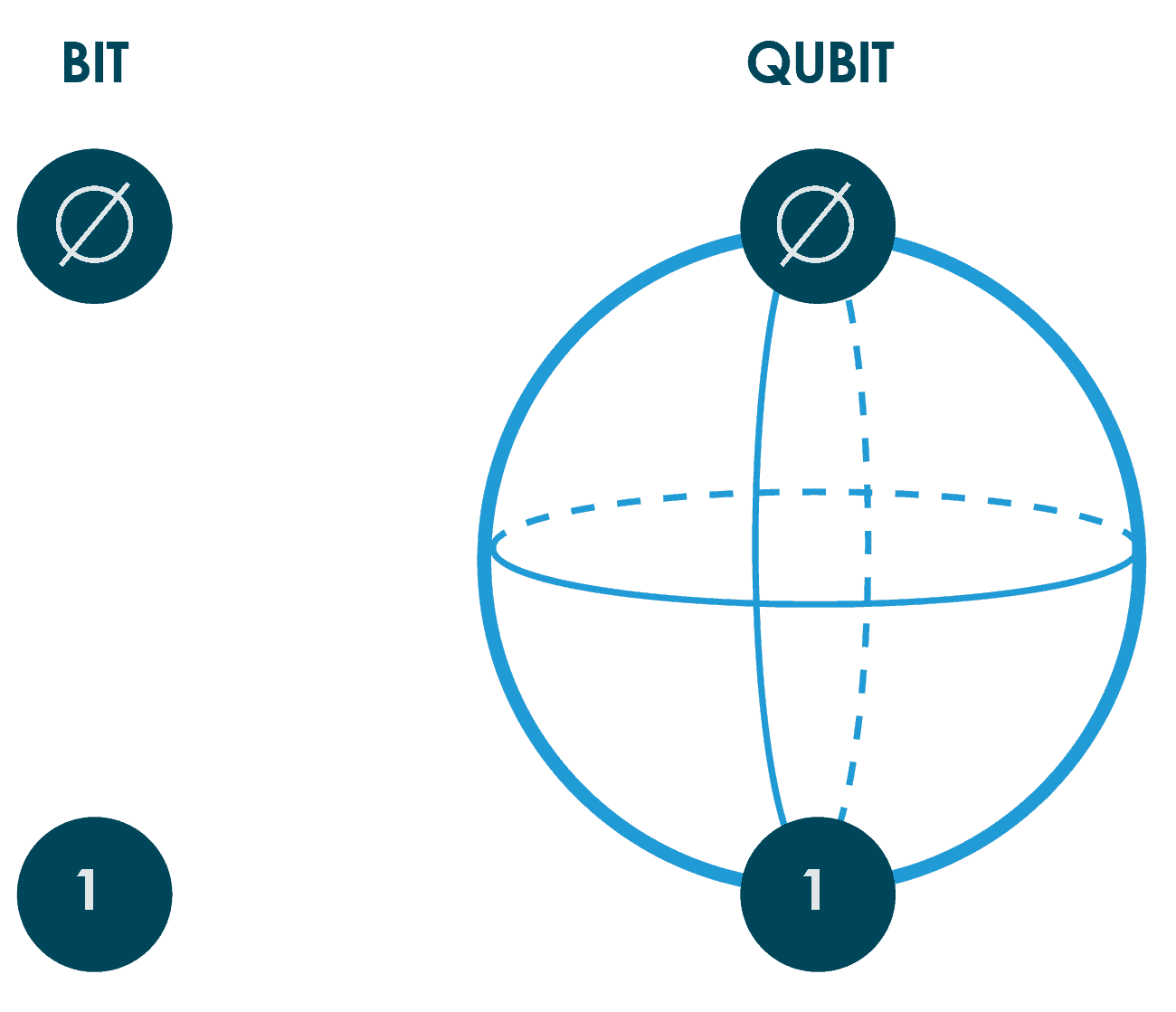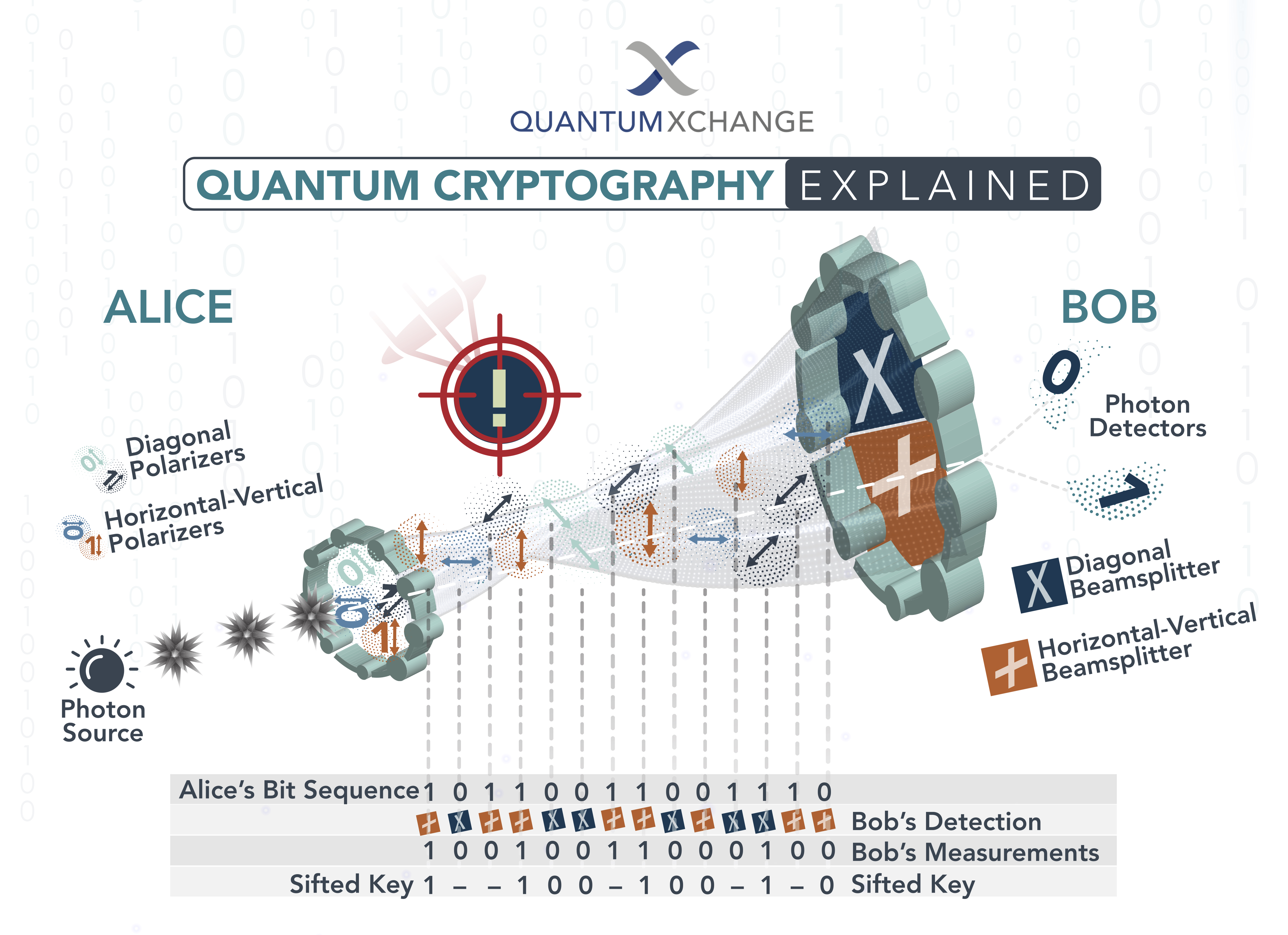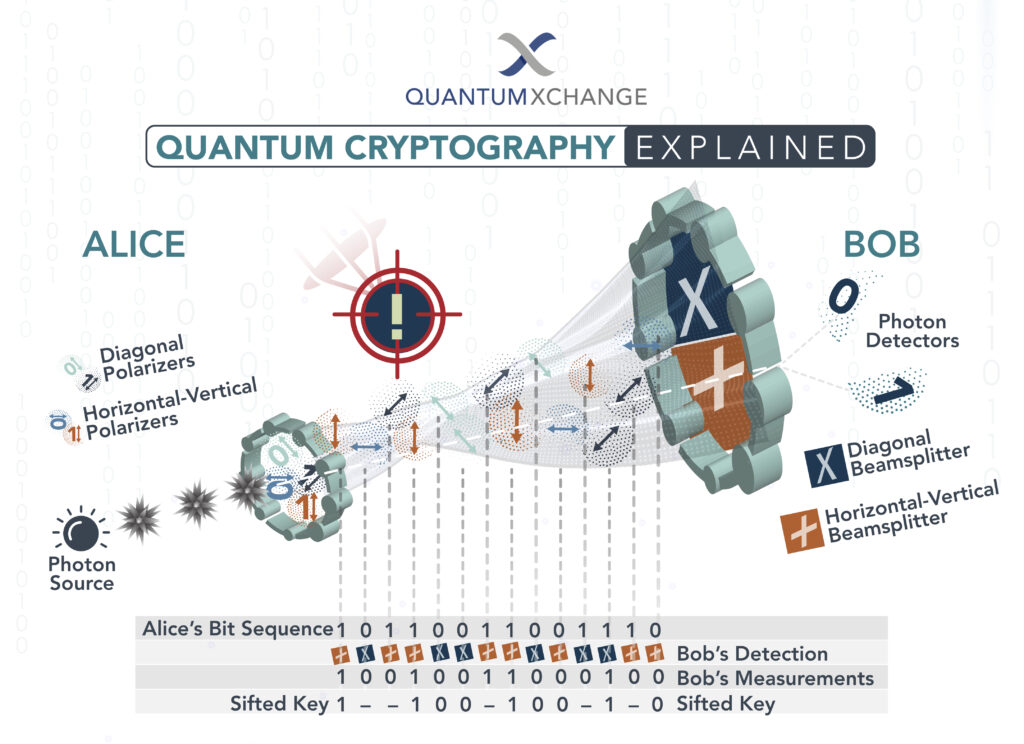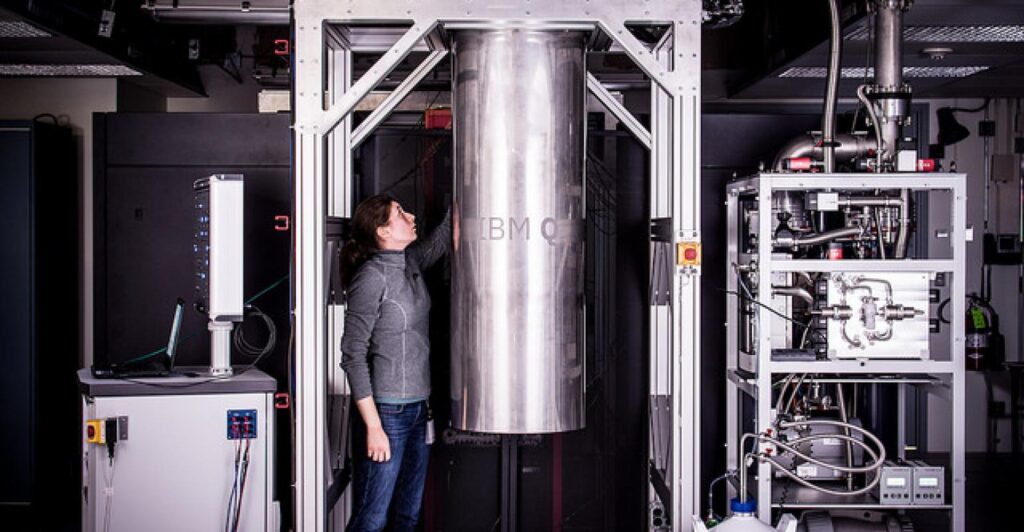Quantum computing is an emerging field that has the potential to revolutionize the way we process information. Unlike classical computers that use binary digits (bits) for processing, quantum computers use quantum bits (qubits) that can exist in multiple states at once. This unique property of qubits allows quantum computers to perform certain calculations exponentially faster than classical computers, including those used in cryptography.
Cryptography is the practice of securing communication from unauthorized access or manipulation. It is an essential tool in the digital age, where sensitive information such as financial transactions and personal data are transmitted online. However, with the arrival of quantum computing, the security of existing cryptographic algorithms is under threat. In this article, we will explore how quantum computing will affect cryptography and what steps are being taken to ensure the security of our digital world in the quantum era.

How Will Quantum Computing Affect Cryptography?
Cryptography is a field of technology that is used to secure data and communications. It is used to prevent unauthorized access to confidential information and to protect the privacy of users. With the advent of quantum computing, there is a potential for the field of cryptography to be affected in a number of ways. This article will explore how quantum computing will affect cryptography.
The Impact on Encryption Algorithms
One of the most significant ways that quantum computing will affect cryptography is in the area of encryption algorithms. Currently, most encryption algorithms are based on the difficulty of solving certain mathematical problems, such as factoring large numbers or discrete logarithms. However, quantum computers are able to solve these problems much more quickly than traditional computers, which means that they could potentially be used to break existing encryption algorithms.
This is not to say that quantum computers will be able to break all encryption algorithms. It is likely that some encryption algorithms will remain secure even against quantum attacks. However, there is a need for new encryption algorithms that are specifically designed to be resistant to quantum computing attacks. Research is currently being conducted in this area, and it is likely that new algorithms that are resistant to quantum attacks will emerge in the near future.
The Impact on Key Distribution
Another area where quantum computing will have an impact on cryptography is in the area of key distribution. Currently, most key distribution protocols rely on the difficulty of certain mathematical problems, such as the discrete logarithm problem, to make it difficult for an attacker to guess the key. However, quantum computers are able to solve these problems more quickly than traditional computers, which means that they could potentially be used to guess the key.
Fortunately, there are a number of ways to make key distribution protocols more secure against quantum computing attacks. One approach is to use a quantum-resistant key distribution protocol, such as a quantum-secure key exchange protocol. Another approach is to use quantum key distribution, which is a type of key distribution protocol that is specifically designed to be secure against quantum computing attacks. Research is currently being conducted in this area, and it is likely that new protocols that are resistant to quantum attacks will emerge in the near future.
The Impact on Digital Signatures
Digital signatures are often used to verify the integrity of digital documents and communications. Currently, most digital signature algorithms are based on the difficulty of solving certain mathematical problems, such as the discrete logarithm problem. However, quantum computers are able to solve these problems much more quickly than traditional computers, which means that they could potentially be used to forge digital signatures.
Fortunately, there are a number of ways to make digital signature algorithms more secure against quantum computing attacks. One approach is to use a quantum-resistant signature algorithm, such as a quantum-secure signature scheme. Another approach is to use post-quantum cryptography, which is a type of cryptography that is specifically designed to be secure against quantum computing attacks. Research is currently being conducted in this area, and it is likely that new algorithms that are resistant to quantum attacks will emerge in the near future.
The Potential for Quantum Cryptography
While quantum computing poses a potential threat to existing cryptography algorithms, it also has the potential to be used to create entirely new types of cryptography algorithms. For example, quantum cryptography, which uses the laws of physics to secure communications, is a promising area of research. Quantum cryptography is potentially more secure than traditional cryptography algorithms, as it is believed to be secure even against quantum computing attacks.
Research is currently being conducted in the area of quantum cryptography, and it is likely that new algorithms and protocols that are resistant to quantum attacks will emerge in the near future. It is also likely that quantum computing will be used in combination with existing cryptography algorithms, such as public key cryptography, to create more secure systems.
Frequently Asked Questions
Quantum computing has the potential to revolutionize the way we handle and store data. It could have a profound impact on cryptography, and the way we secure our data. Here’s what you need to know about how quantum computing will affect cryptography.
How will quantum computing affect cryptography?
Quantum computing has the potential to dramatically improve the way we secure our data. By using quantum algorithms and techniques, cryptography can become much more secure, since it would be much more difficult to break. For example, quantum computers could be used to quickly break large-scale encryption schemes, such as those used for secure communications. On the other hand, quantum computing could also be used to create new types of secure encryption schemes, which would be virtually impossible to break.
In addition, quantum computing could be used to create new methods of authentication, such as quantum key distribution, which would make it much more difficult for attackers to gain access to sensitive data. By using quantum computing, we could also create secure hardware-based solutions, such as quantum-resistant hardware tokens, which could be used to prevent unauthorized access to sensitive data.

Quantum Computing impact on Cryptography
In conclusion, the impact of quantum computing on cryptography cannot be overstated. As quantum computing continues to evolve and become more powerful, it poses a significant threat to the security of traditional cryptographic systems. However, it also presents an opportunity for the development of new, more secure cryptographic systems that can withstand the power of quantum computing.
As we move towards a more interconnected and digitized world, the need for strong cryptography is more important than ever. It is up to researchers and developers to stay ahead of the curve and create new, innovative solutions that can keep our data safe in the era of quantum computing. While it may require a significant investment of time and resources, the potential benefits of quantum-resistant cryptography are too great to ignore. With continued research and development, we can ensure that our information remains secure and protected for generations to come.




